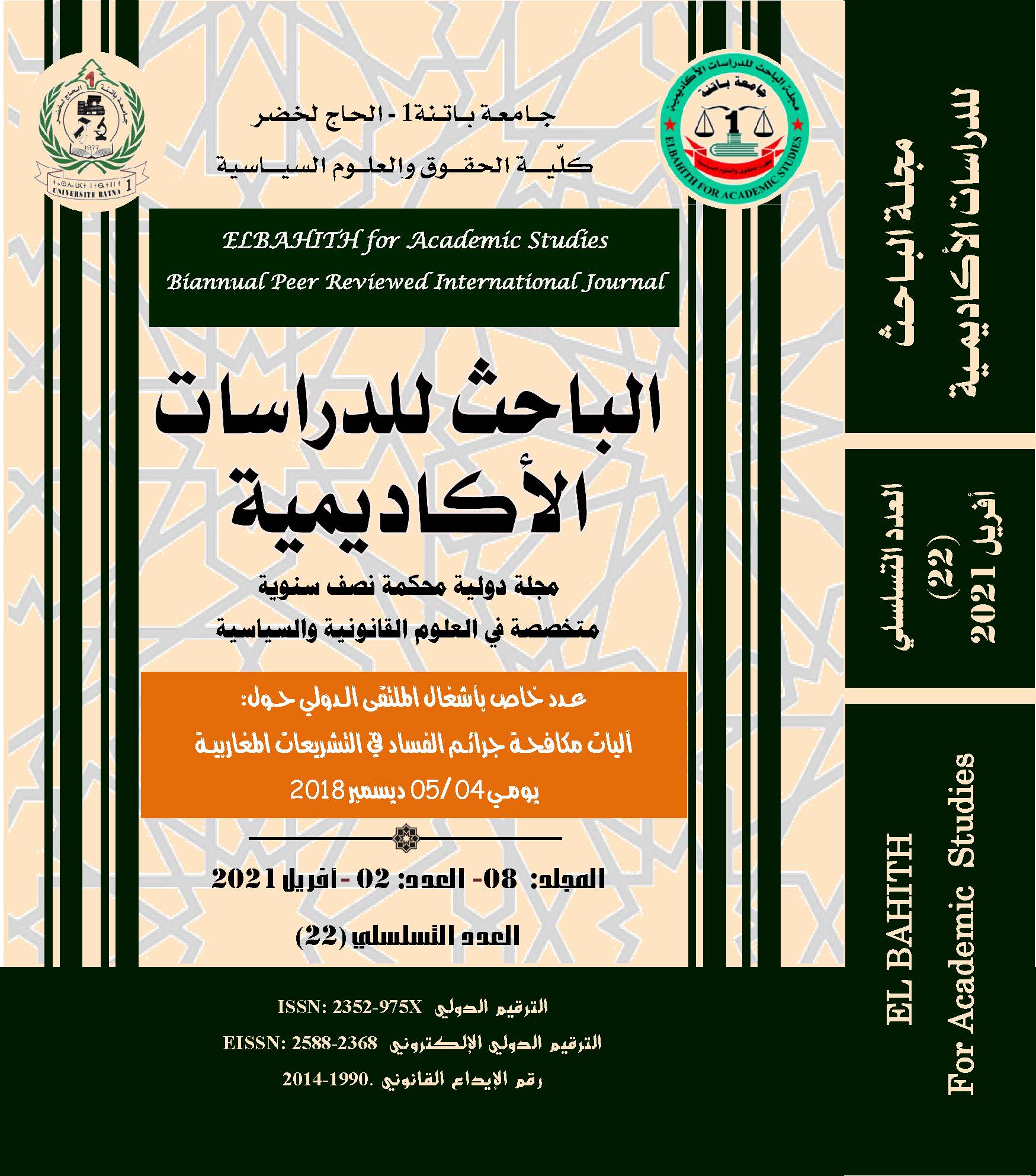Mutual Legal Assistance as A Mechanism for International Cooperation in Corruption Cases
DOI:
https://doi.org/10.59791/efas.v8i2.1211Keywords:
Convention, Corruption, Cooperation, Assistance, LegalAbstract
International cooperation is a prerequisite for the success of criminal policy in the fight against organized crime in general and corruption in particular, in particular in the transnational picture. The domestic or national character of the means used by each State in its domestic legislation is incompatible with the Global Corruption Crimes.
In view of the seriousness of organized crime in general and of corruption in particular, States have had to cooperate to provide mutual legal assistance, in order to avoid previous obstacles. This form of international cooperation has become an imperative necessity to confront corruption crimes at the international level. In article 46 of the United Nations Convention of Corruption 2003 states that "States Parties shall afford one another the widest measure of mutual legal assistance in investigations and prosecutions of judicial proceedings relating to the offenses covered by this Convention".
Although article 46 of the United Nations Convention of Corruption obliged States parties to provide mutual legal assistance to one another, the legal basis for the latter was that between States there were bilateral or multilateral agreements where assistance procedures were often Of these Conventions, and the laws of the requested State shall be deemed to be a legal basis for such proceedings.
Downloads
Published
How to Cite
Issue
Section
License

This work is licensed under a Creative Commons Attribution-NonCommercial-NoDerivatives 4.0 International License.





